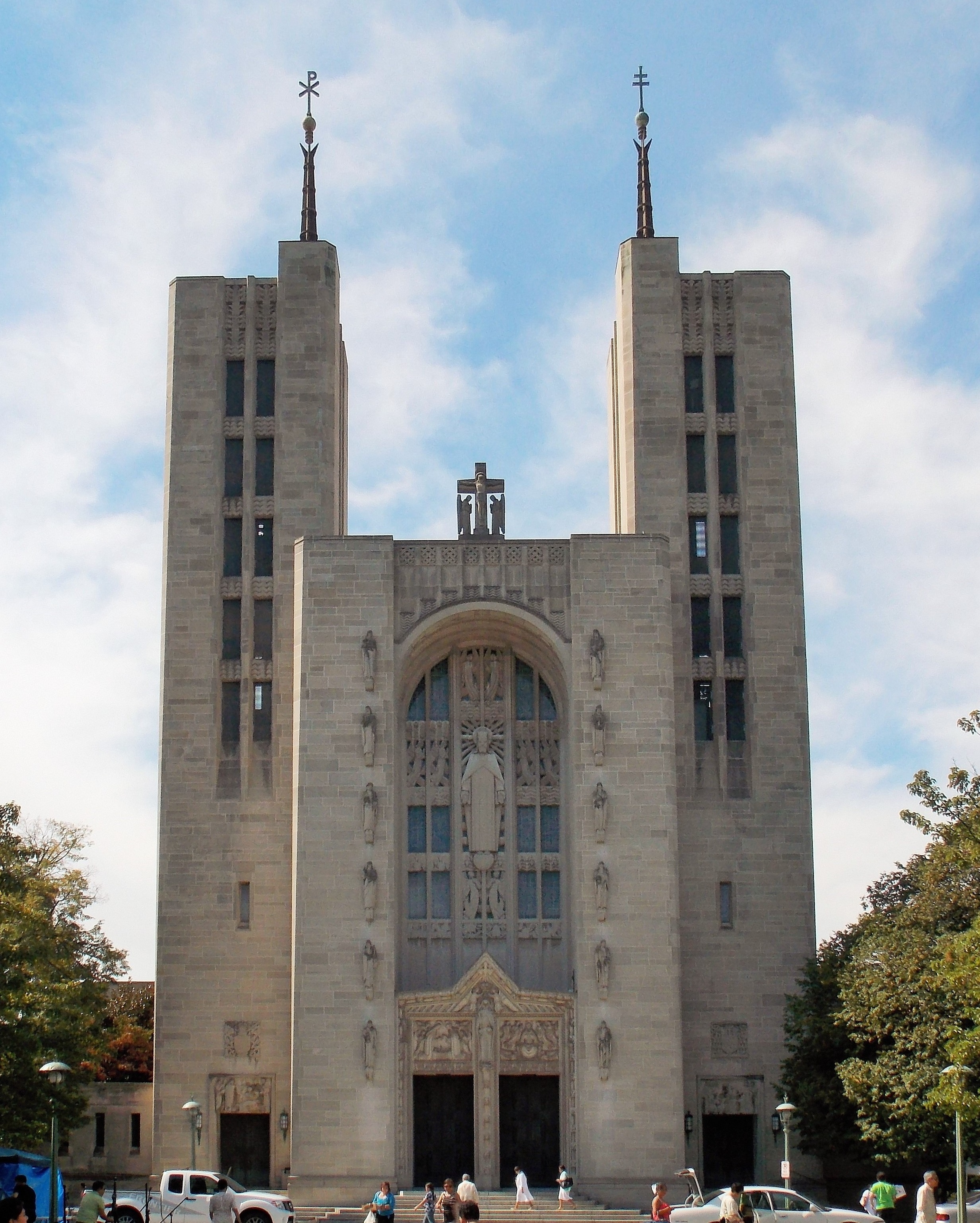
The Maryland attorney general’s office has released a damning report on child sexual abuse in the Archdiocese of Baltimore — yet another in a long list of bombshell reports from many different states and countries.
The report, the result of a grand jury investigation initiated in 2018, is horrific in sadly predictable ways and shows the urgent need for secular intervention into allegations of systemic church abuse. It begins by listing 156 abusers and follows with 430 pages of abuse narratives based on hundreds of thousands of documents. The attorney general’s office concludes that there is “incontrovertible history” of “pervasive and persistent abuse by priests and other archdiocese personnel,” as well as a “history of repeated dismissal or cover up of that abuse by the Catholic Church hierarchy.”
When abusers were caught, “they would minimize the extent of the abuse,” says the report. The same will certainly be true of church apologists, who will downplay the accusations, as they did in 2018, after a bombshell Pennsylvania grand jury report described credible accusations not just of abuse, but of systemic practices such as giving victims gold crosses to wear as a signal to other predator priests “that the children had been desensitized to sexual abuse and were optimal targets.” One prominent church sympathizer responded by asserting that no institution in the world has “less of a problem with the sexual abuse of minors today than the Catholic Church.”
The Maryland report describes clergy from the 1940s through 2002 committing “horrific and repeated abuse of the most vulnerable children in their communities while archdiocese leadership looked the other way.” (It would be supremely naive to believe that all of this behavior miraculously ended in 2002.) “The staggering pervasiveness of the abuse itself underscores the culpability of the Church hierarchy,” the report states.
The abusers include a certain Father John Wielebski. Wielebski sexually abused children who came to him for counseling, including a teenage boy who was sent to him because of prior sexual abuse. As a counselor, Wielebski reportedly took children on out-of-state trips, where he encouraged them to drink alcohol with him, showed them pornography in hotel rooms, and sexually assaulted them. An undated note in Wielebski’s personnel file described allegations against him and called his position at a high school as being “like sending fox to hen house.” Nevertheless, a Catholic Church official certified in 2007 that Wielebski was in good standing and that “no accusations of sexual misconduct or sexual impropriety have ever been made against him.”
In another such case, Rev. Laurence Brett admitted to raping a teenage boy in 1964 in Connecticut, when he was serving as spiritual director at Sacred Heart University. The local bishop reportedly decided to transfer Brett to New Mexico for “treatment,” with an internal memorandum stating that “hepatitis was to be feigned” if anyone asked why Brett was leaving. In 1965, a 14-year-old boy in Sacramento reported being sexually abused by Brett to the Diocese of Bridgeport, which then internally discussed where best to relocate Brett while being “discreet” for the “sake of Father Brett’s reputation.” In 1969, Brett was given a position at a boys’ school by the Archdiocese of Baltimore, where more than 20 other boys later reported being abused or raped by Brett. Two of these survivors believed that the school’s principal attempted to expel them because of the reported abuse, and a third deliberately violated dress codes to get expelled in order to escape Brett.
These are just two examples of the 156 abusers and their myriad victims. The report also details how church leaders repeatedly “transferred known abusers to other positions of equal authority and access to children,” focusing on “ensuring at all costs that the abuse be kept hidden.”
The report recommends amending the statute of limitations for civil actions involving child sex abuse, which FFRF strongly supports.
The attorney general’s office in FFRF’s home state of Wisconsin, which is also looking into church abuse, would be wise to take note of this most recent report. The Catholic Church in Wisconsin has reportedly been less than fully cooperative with this investigation, and FFRF urges Wisconsin Attorney General Josh Kaul to pursue the truth with aggressive legal action. There is, sadly, little doubt that the scale of abuse and cover-up in Wisconsin is similar to that in Baltimore, Pennsylvania and other places where investigations have ended in public reports.
“Who monitors the clergy? To whom are they accountable?” asks Annie Laurie Gaylor, FFRF co-president and author of the first book on clergy abuse of children, published by FFRF in 1988. “Secular authorities must work vigorously to shine a light on these offenses, despite attempts at obstruction, because religious institutions have utterly failed in policing themselves.”

